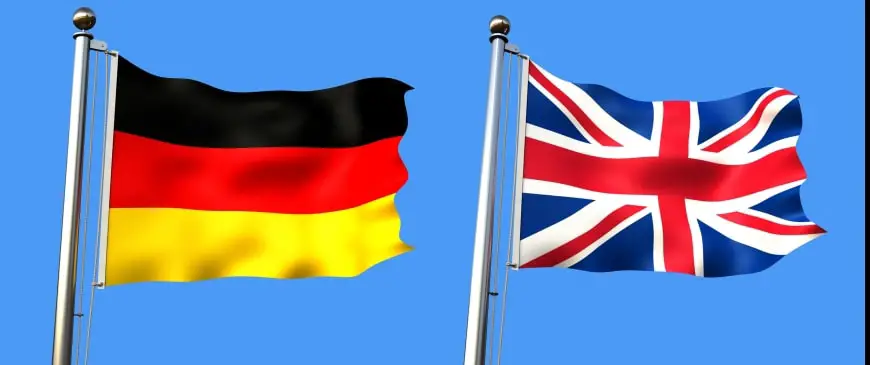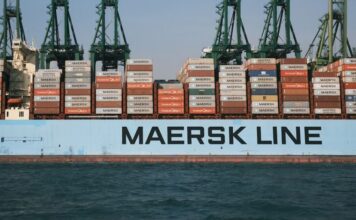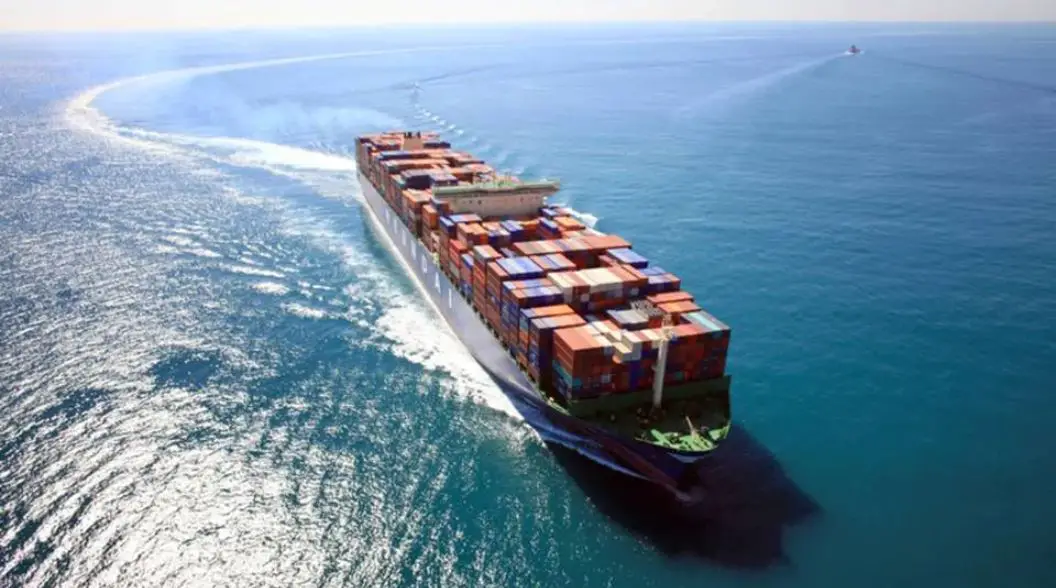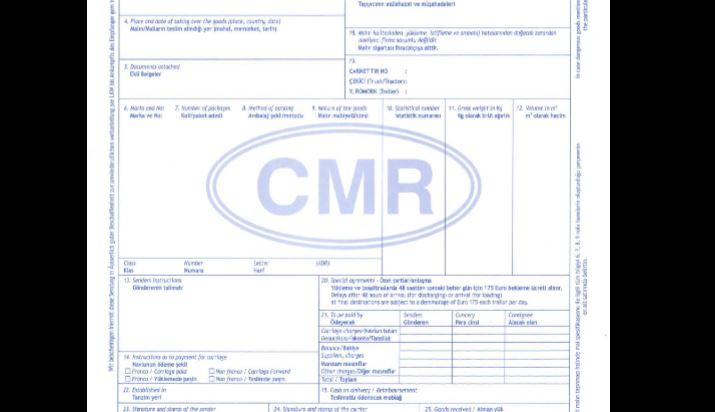Germany’s exports to the UK fell by 2.5 percent in 2021, bringing the post-Brexit decline to the second year.
Germany’s Federal Statistical Office (Destatis) has announced the leading 2021 data on post-Brexit Germany’s exports to the UK.
Accordingly, in 2021, Germany’s exports to the UK decreased by 2.5 percent compared to the previous year and fell to 64.5 billion euros.
In the statement of Destatis, regarding the aforementioned data, “After the exports to England fell by 15.3 percent in 2020, marked by the new type of coronavirus (Covid-19) epidemic, it continued to decline in 2021 due to the effects of Brexit.” evaluation was made.
In the ranking of Germany’s most important trading partner, the UK was ranked 5th in 2020, falling to 8th place last year. In imports, it fell from 11th to 13th. Destatis stated that this ranking covers the January-November period.
In 2015, Germany’s exports to this country were recorded as 89 billion euros.
Motor vehicles and parts had an important place in Germany’s exports to England in the January-November period last year, with 14 billion euros.
Brexit negatively affected EU trade with the UK
On the other hand, according to a study by the Economic Research Institute (Ifo), one of Germany’s leading economic think tanks, Brexit caused a decrease in trade between the EU and the UK.
The UK’s share of EU goods exports, which was 6.2 percent in 2019, fell to 5.2 percent in 2021. At the same time, the UK’s share of EU goods imports fell from 3.9 percent to 2.6 percent in 2021.
Lisandra Flach, Director of Ifo’s Center for Economics, stated that some of the negative impact of Brexit on the economy and trade occurred before the UK left the EU in 2020.
“This was because of the increasing uncertainty for companies and the fact that they started to adapt to the new environment soon after the 2016 referendum,” Flach said. said.
Lisandra Flach stressed that new barriers to trade, such as additional post-Brexit customs bureaucracy and test certificates, are “destructive” for EU and UK companies and especially SMEs.
The UK left the European Union in 2020. After months of negotiations between the European Union (EU) and the UK, the post-Brexit trade agreement was signed on 29 December 2020.
Concerns were expressed by the German business community that the agreement, which came into force in January 2021, caused additional customs bureaucracy and logistical problems.







